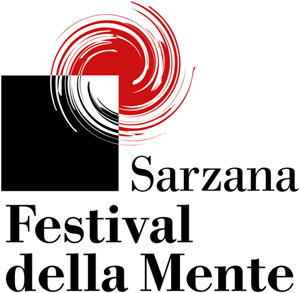2012 Programme
Event #17
Ascanio Celestini
How stories are born
“The end of the world has always been there. What else do you imagine the Incas or the Aztecs thought when they first saw the Spanish conquistadores, those aliens who had rained in from who knows where? But what is the end of the world, if not the end of one’s world?” These words by the ethnologist Ernesto De Martino came as a revelation to Ascanio Celestini when, as a university student, he discovered that “anthropology was not the profession of a group of gentlemen in bow ties who would travel to Africa to measure the skull of its inhabitants. It was that, too, and it invented a modern, scientific form of racism. But in the 20th century, anthropology became a view of the world, a way to understand how individuals can consider the world their own. So when someone asks me how stories are born, I don’t know. All I know is that we need stories, for stories are our way of being in the world. The world may not end as long as we have words to describe it. If words come to an end, we will no longer know how to relate to reality”.
born in Rome in 1972, is an actor and writer of numerous shows including Radio clandestina, Fabbrica, Scemo di guerra, Canzoni impopolari, La fila indiana, La pecora nera and Pro patria. He has written: Cecafuno. Storie da leggere ad alta voce (with audio-CD, 2002), Radio Clandestina. Memoria delle Fosse Ardeatine (with DVD, 2005), Fabbrica (2007) published by Donzelli; Storie da legare (Edizioni della Meridiana, 2006); Parole sante (with DVD, Fandango Libri, 2008); Scemo di guerra (with DVD, 2006), Lotta di classe (2009), Io cammino in fila indiana (2011) published by Einaudi; Incroci di sguardi. Conversazione su matti, precari, anarchici e altre pecore nere (with Alessio Lega, elèuthera, 2012).
Event #3
Anna Salvo
Sorrow is like a telescope that helps us look into the distance: creatività and suffering

Event #4
Andrea Moro
I speak, therefore I am Like the starry sky: visions of language across the centuries

Event #28
Mauro Agnoletti, Ilaria Borletti Buitoni
Culture, environment, landscape. For a possible, sustainable future





















